2 August 2021
Claudia Roth
Vice President of the German Bundestag
Digital welcome address for the European Holocaust Memorial Day for Sinti and Roma on 2 August 2021
Praʒivde e Holokaustesqe, Reprezentàntura e generacienqe save biandilen pal odova, Ranǎlen aj Rajalen, Romani Rose, Amalalen, Mire latsche Mahla – Mire latsche Mahlezi! Auschwitz – Kaj xatardile sa o manuśikane molǎ. Auschwitz – Kaj aćhavdili sarsavi civilizàcia. Auschwitz - Kaj si simbòli e tasavne traśaqo, nasul zor, traśandipe aj nićhǎripe. Akava than savo paśpaśe dikhǒl kaj tasavel sarkon vòrba, sarkon gèsti. Akava dives, xaćarav jekh dukh savi pherel mo ilo aj jekh but xor sadipe sar vakerav tumenqe and-o seravipe e likvidaciaqo e ajal akhardesqe "Ciganenqo kàmpi", 77 berś maj anglal and-o nilaj e berśesqo 1944. Paśpaśe 23,000 Sìnte aj Rroma phenel pes sas phandle andt-o Auschwitz-Birkenau. Sadaj 2000 ʒene praʒivde o masìvo mudaripe. And-o kàmpi, 5000 ʒene sas mudarde gazoça; 2900 mudarde len brutal kana ćućardilo o kàmpi and-i rǎt kotar o 2-to k-o 3-to Avgust 1944. O Auschwitz si simbòli e genocidesqo p-o Sìnte aj o Rroma, aj sa odola akharde Zigeuner – Cigànǎ – kotar o nazìstǎ. O Auschwitz mandavel jekh derǎv jasvenqi – dukhenqi. A o Auschwitz si vi simbòli e tromane śastrinale rezistenciaqo so kerde o Sìnte aj o Rroma, rezistènca savi sas brutal uśtavdi. Mek labǎras akava Evroputno Dives e Holokaustesqe Memorialesqo vaś o Sìnte aj o Rroma kaj te das patǐv e mulenqe aj te das jekh vòrba e ʒivdenqe: O mudaripe aj o sistematìko nićhǎripe e manuśikane ʒivipnasqo sar akava naśti te mukhel pes te ovel palpalem. Sar Germànka aj jekh reprezentànta e demokratikane Germaniaqi, ʒanav but miśto i prabari responsabilitèta kaj akaja història – miri història – del. Akava sas jekh zumavipe te xatarel pes vaś savaxt akaja bari kultùra. Prinʒanindoj sa o pradukhavne traśa so mukhla akava teròri xor and-o ogi e manuśenqo kotar o Evroputne Sintikane ta Rromane khetanimàta, palem śaj te phenas avdives: o nazìstǎ na aresle baxtagor! Na aresle te nićhǎren sa o kultùre te xataren o barvalipe e evroputne manuśenqo. On mukhle xorutne malavimàta aj tràume, naśkerde aj slabosarde o kultùre evroputne, no naśti aresle te xataren akava barvalipe. Naśti aresle te xataren i ćhib – i muzìka – i literatùra - o fotografìe. No opral sa, on na xatarde i memòria e ʒuvlěnqi, e murśenqi aj e ćhavenqi save mudardile. On aćhon amença akana aj ka aćhon sa amença and-o avindipe. 77 berś pal-o teròri so kerde o nazìstǎ sinom lośali kaj śaj avdives te phenav pherde godǎça: o Sìnte ta o Rroma si kotor e evroputne kulturaqo ta integràlo kotor amare etnikane aj kulturalone barvalipnasqo aj e evroputne dostimatenqo, ande save ʒivinde but śeliberśa. Akava praʒivipe, akava kotorlipe sas i maj zorali śastrin mamuj o zumavipen e nazistenqo te nićhǎren len, aj isi i maj zorali śastrin mamuj i laʒavni diskriminàcia aj marginalizàcia ande savi o Sìnte ta o Rroma pànda si mukhle and-i Evròpa vi avdives. I komemoràcia avdusni si jekh semnàli vaś amenqe te tordǒvas mamuj sa o fòrme e manuśikane hakajenqe uśtavipnasqe and-i amari Evròpa! Akalaθar akaja komemoràcia avdives si vi jekh seravipe vaś o avindipe, aj jekh responsabilitèta vaś akana. TI responsabilitèta so ćhiven pe amenθe o horòrǎ e nakhlipnasqe trebul te xaćaras la ʒi avdives. Te maras amen savorre khetanes te sarbarrǎras kaj i marginalizàcia e Sintenqi aj e Rromenqi si dini agor agore, aj kaj o lèkcie e historiaqe aźutinen amen te ʒivas sar phenen amare moralo imperatìve: I manuśikani demnitèta naśti azbavdǒl. Oven saste!
Representatives of generations born later,
Ranǎ!len aj Raja!len,
Romani Rose,
Friends,
Mire latsche Mahla – Mire latsche Mahlezi!
Auschwitz – Where all human values were destroyed.
Auschwitz – Which marks the end of all civilisation.
Auschwitz – Which symbolises such overwhelming horror, violence, terror and annihilation.
This place which almost seems to smother every word, every gesture.
On this day, I am filled with overwhelming sorrow and deep humility in speaking to you in remembrance of the liquidation of the so-called “Gypsy camp”, 77 years ago in the summer of 1944.
About 23,000 Sinti and Roma people were believed to be imprisoned at Auschwitz-Birkenau.
Only 2000 people survived the mass murder. At the camp, 5000 people were gassed; 2900 were brutally murdered when the camp was cleared during the night of 2-3 August 1944.
It was the night of the Porajmos – the night of the devouring.
Auschwitz symbolises the genocide of the Sinti and Roma people, and those called Zigeuner – Gypsies – by the Nazis.
Auschwitz stands for a sea of tears – of suffering – of pain.
Yet Auschwitz also symbolises the courageous armed resistance of the Sinti and Roma people, which was brutally crushed.
Let us use this European Holocaust Memorial Day for Sinti and Roma to pay our respects to the dead and to make a pledge to the living:
The murder and systematic annihilation of human life like this must never be allowed to happen again.
As a German and a representative of democratic Germany, I am especially conscious of the enormous responsibility which this history – my history – imposes.
It was an attempt to permanently obliterate this great culture.
While acknowledging all the dreadful horrors which this terror has burned deep into the souls of people from the European Sinti and Roma communities, we can nonetheless say today: the Nazis did not succeed.
They did not succeed in obliterating entire cultures, in destroying the richness of the European people.
They inflicted deep wounds and traumas, expelled and weakened European cultures, but they were unable to destroy this richness.
They did not destroy the language – the music – the literature – the pictures. But above all, they did not destroy the memory of the women, men and children who were murdered.
They remain with us now and will remain with us in the future.
Seventy-seven years after the terror perpetrated by the Nazis, I am very glad to be able to say with absolute conviction: the Sinti and Roma people are part of European culture and are an integral part of our ethnic and cultural richness and our European societies, in which they have lived for many centuries.
This survival, this belonging, was the most powerful weapon against the Nazis’ attempt to annihilate them, and it is the most powerful weapon against the shameful discrimination and marginalisation to which the Sinti and Roma people are still subjected in Europe to this day.
Today’s commemoration is a warning to us to stand up to all forms of human-rights violations in our Europe!
So this commemoration today is also a reminder for the future, and a responsibility for the present.
The responsibility imposed on us by the horrors of the past is one we must live up to today.
Let us all fight together to ensure that the marginalisation of the Sinti and Roma people is ended at last, and that the lessons of history help us to live in line with our moral imperative:
Human dignity is inviolable.
Oven saste!
Statements 2021
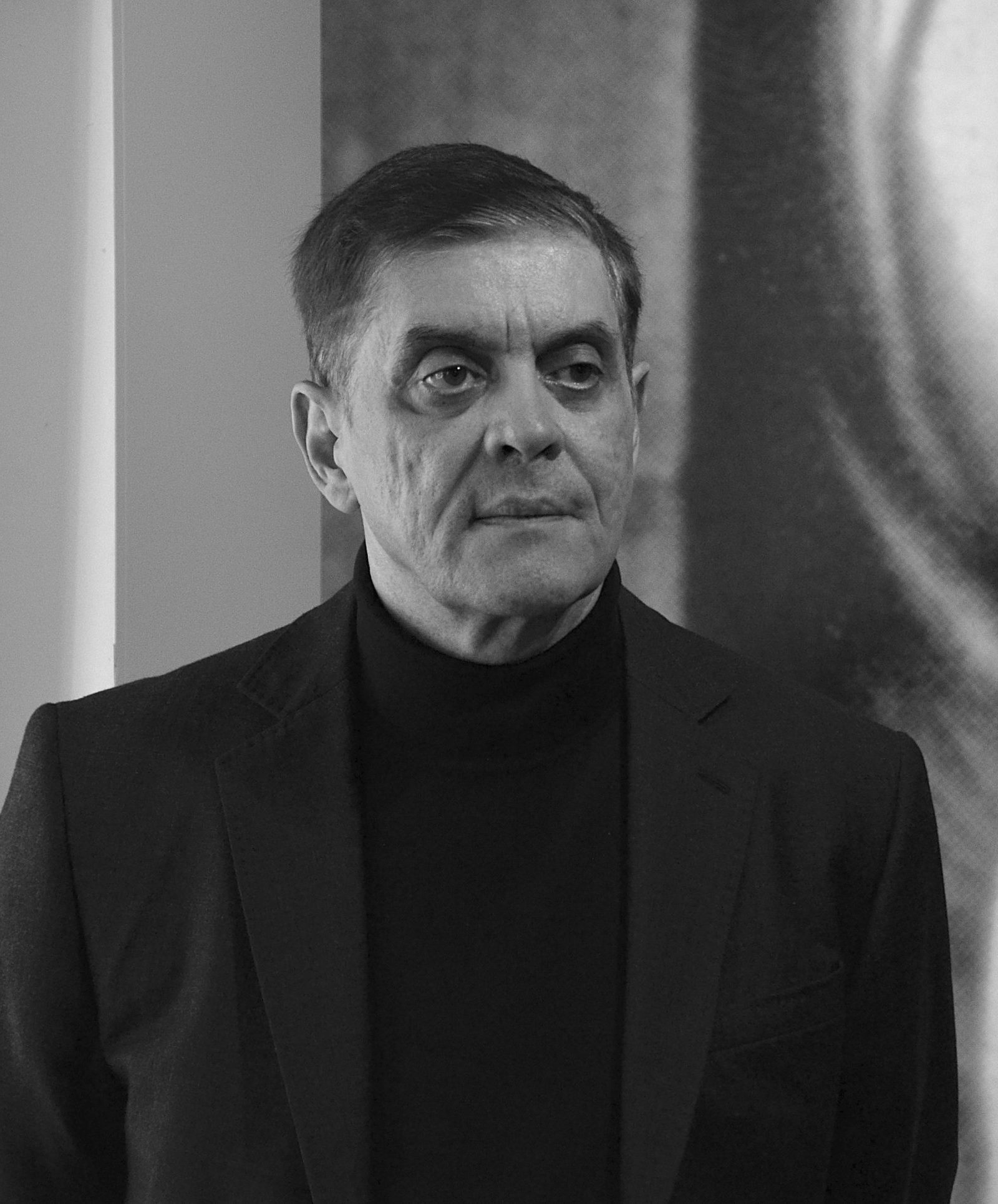
Romani Rose
Śerutno e Centralone Sombeśesqo e Germanikane Sintenqo aj Rromenqo

Katarina Barley
Vice President of the European Parliament

Helena Dalli
Komisàrka e EU-aqi vaś o barabaripe
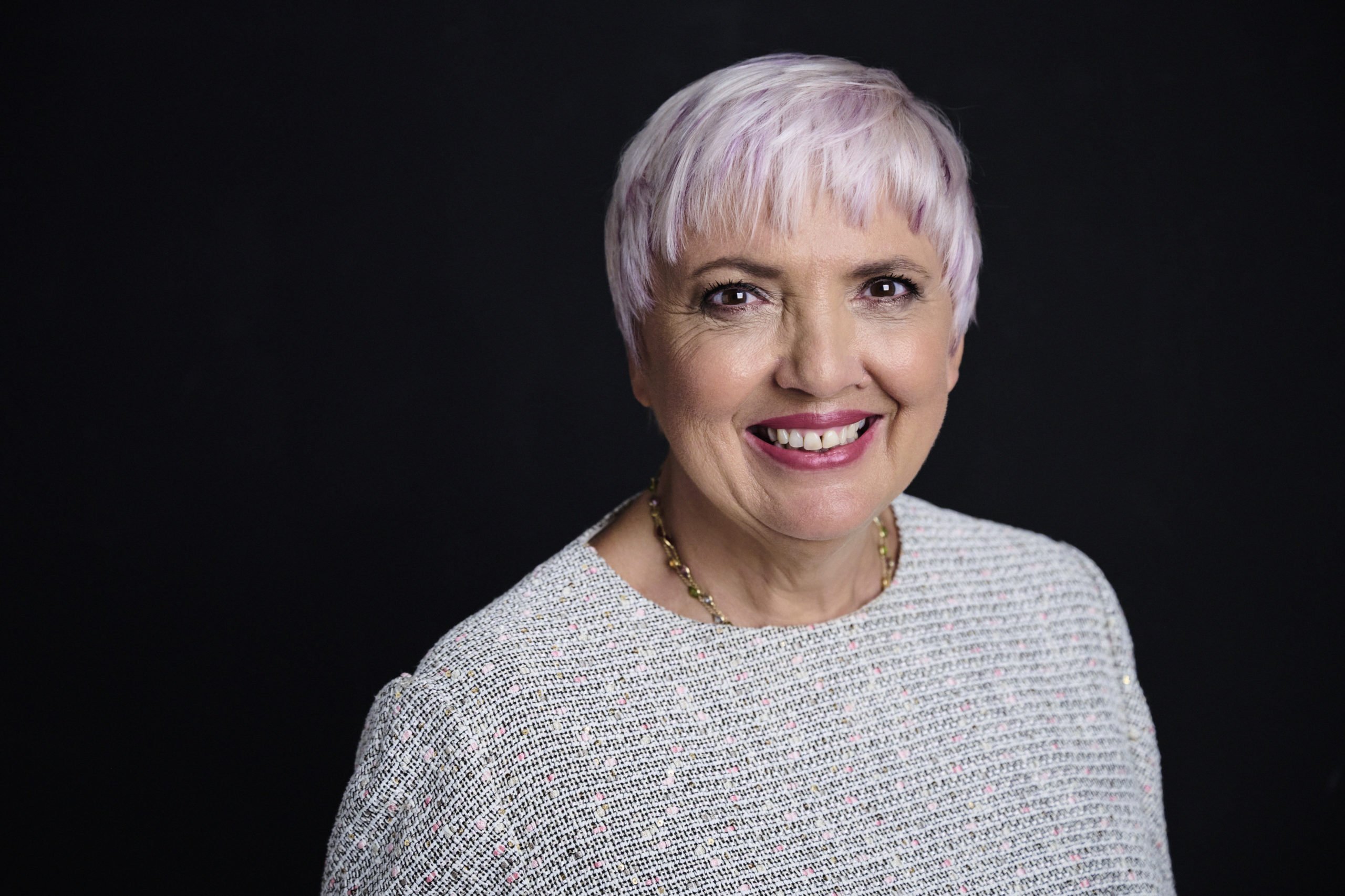
Claudia Roth
Vice President of the German Bundestag
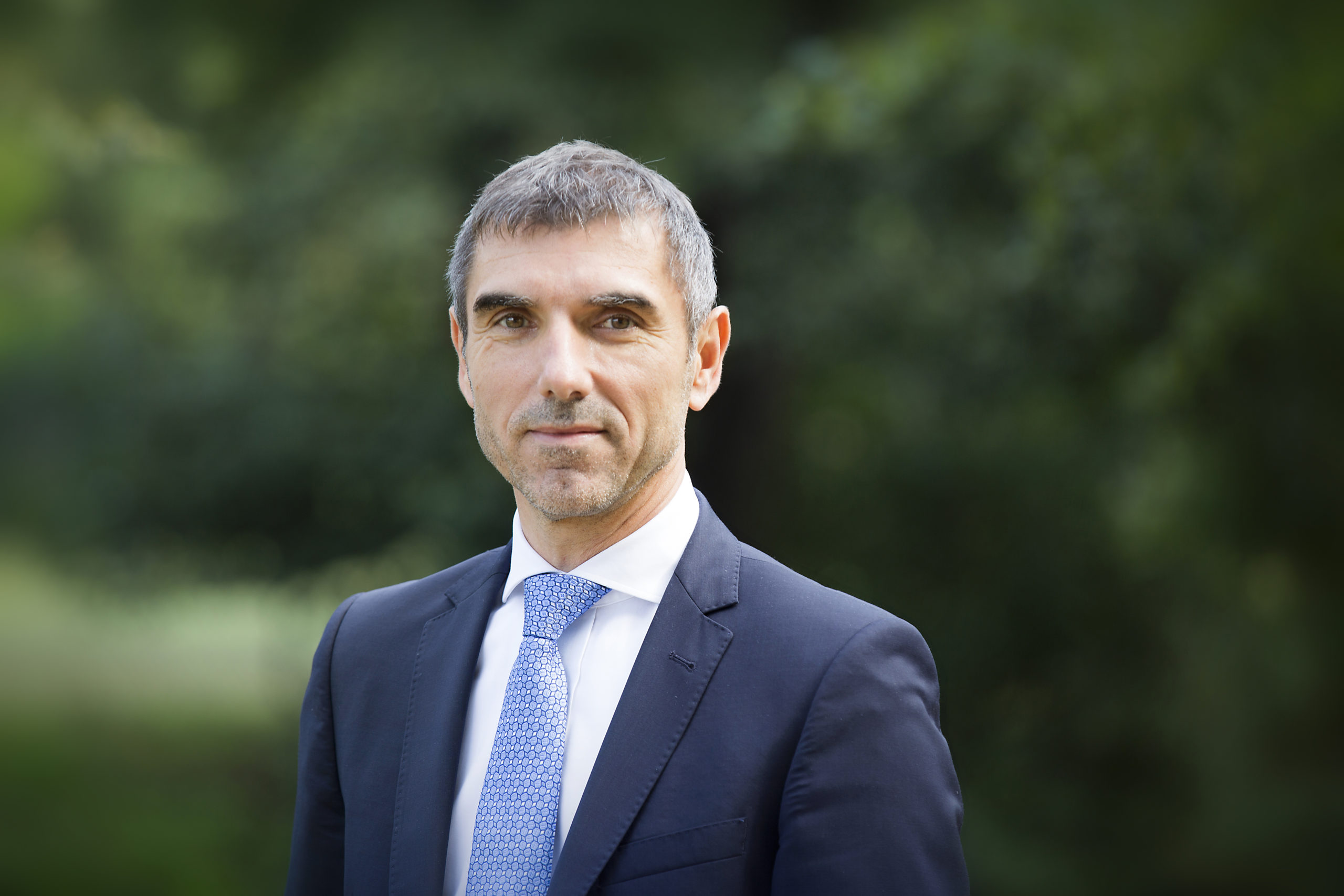
Paul Blokhuis
Dutch State Secretary Paul Blokhuis
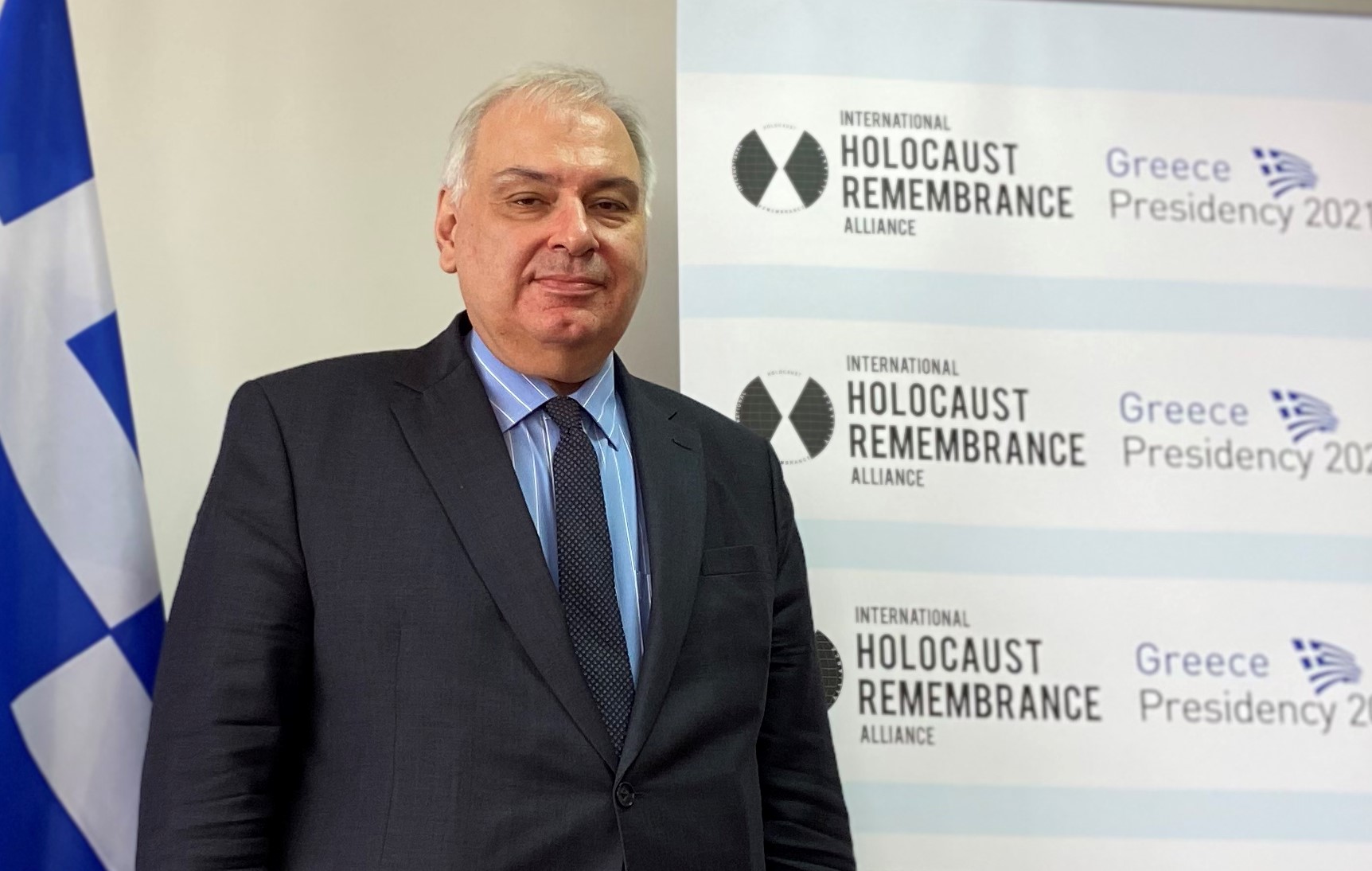
Chris J. Lazaris
Amb. Chris J. Lazaris, IHRA Chairman
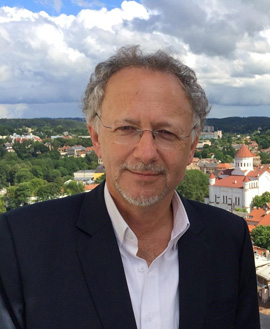
Fernand des Varennes
UN Special Rapporteur UN minorities
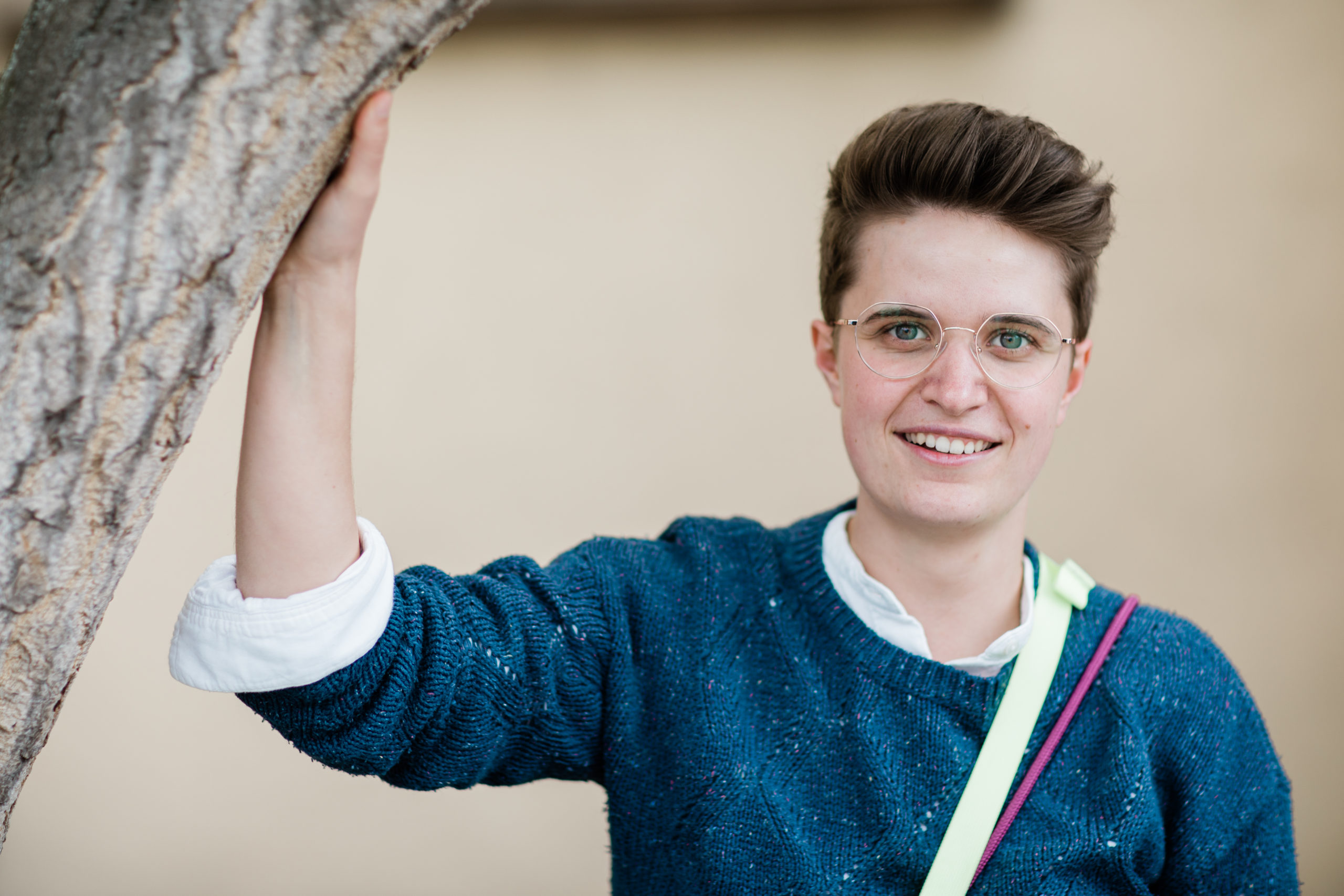
Anna-Nicole Heinrich
President of the Synod of the Evangelical Church in Germany (EKD)

Justin Trudeau
Prime Minister of Canada
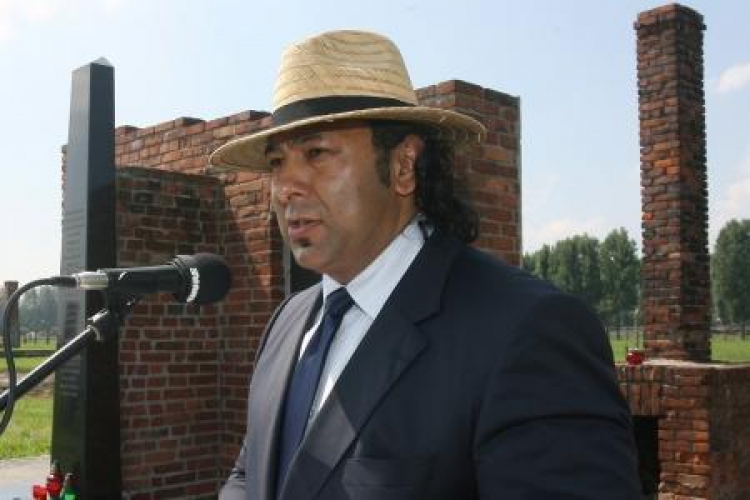
Roman Kwiatkowski
Chairman of the Association of Roma in Poland
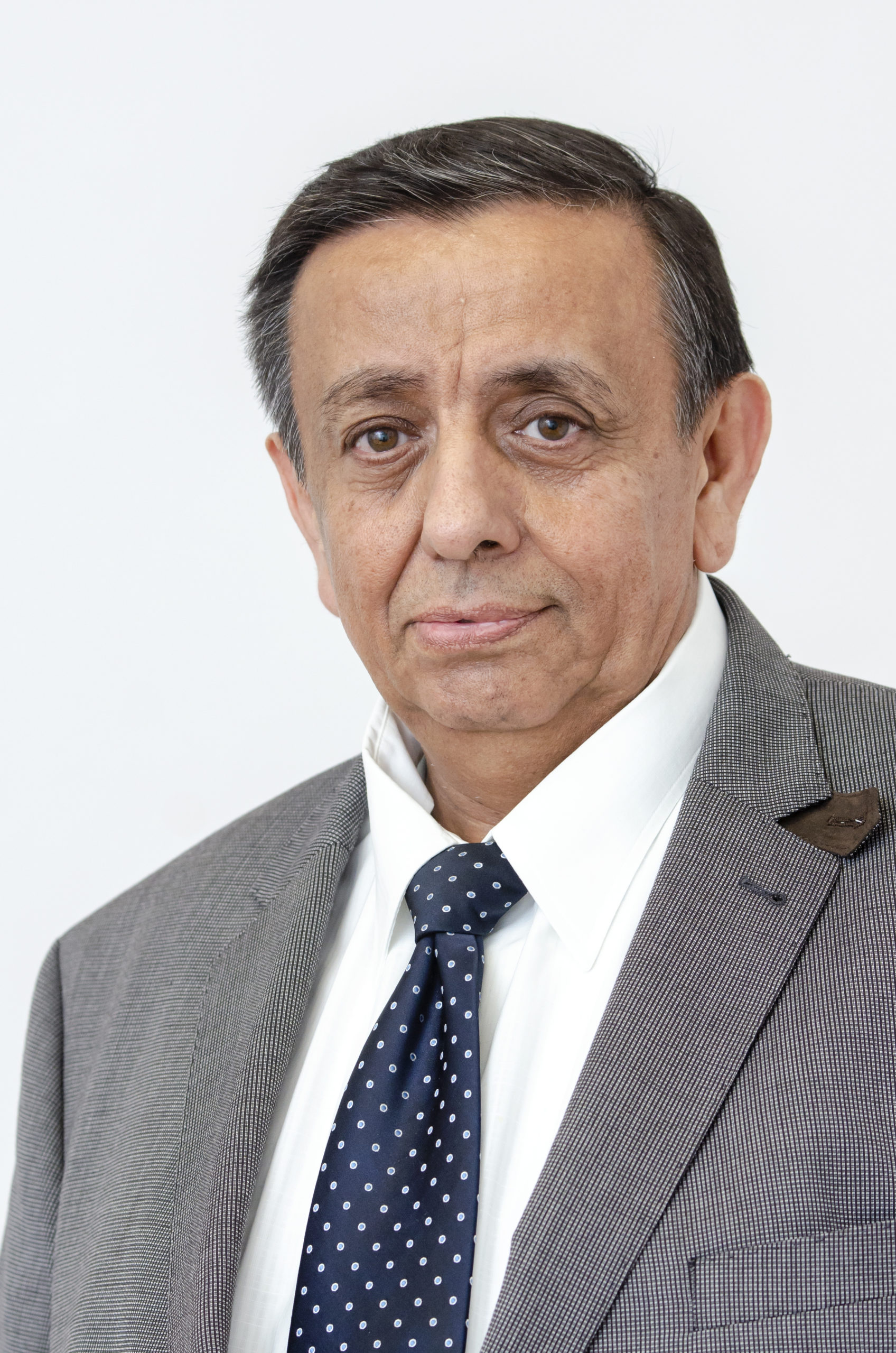
Erich Schneeberger
Deputy Chairman of the Documentation and Cultural Center of German Sinti and Roma and Chairman of the Association of German Sinti and Roma

Timea Junghaus
Executive Director
European Roma Institute for Arts and Culture (ERIAC)
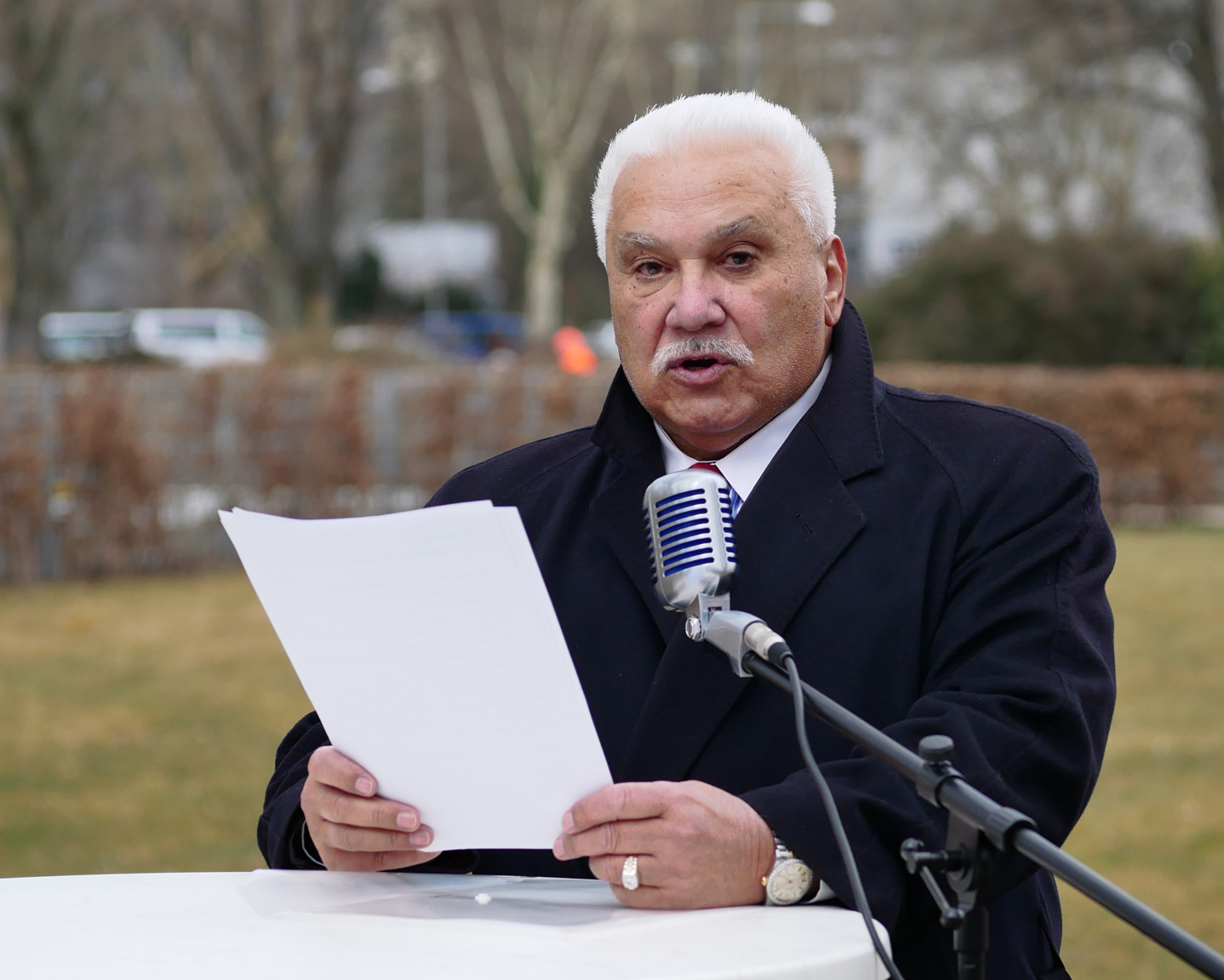
Adam Strauß
Chairman of the Council of German Sinti and Roma in Hesse

Manon Aubry
Manon Aubry, MEP
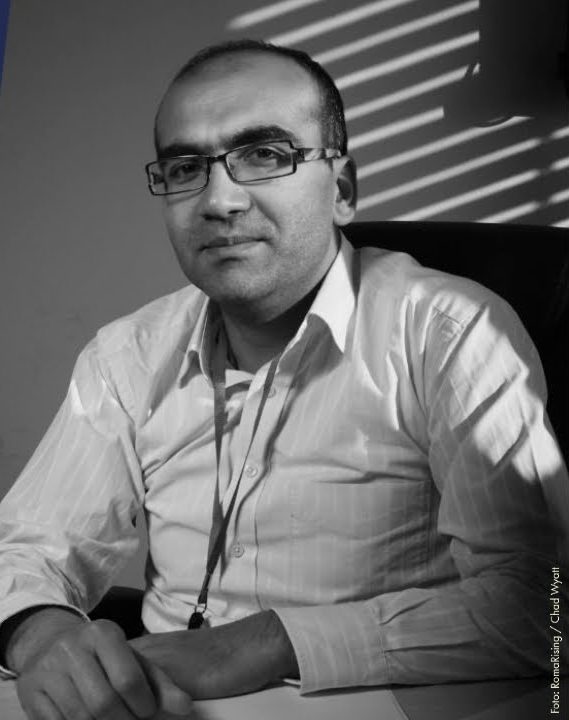
Adrian-Nicolae Furtuna
Historian at the University of Bucharest
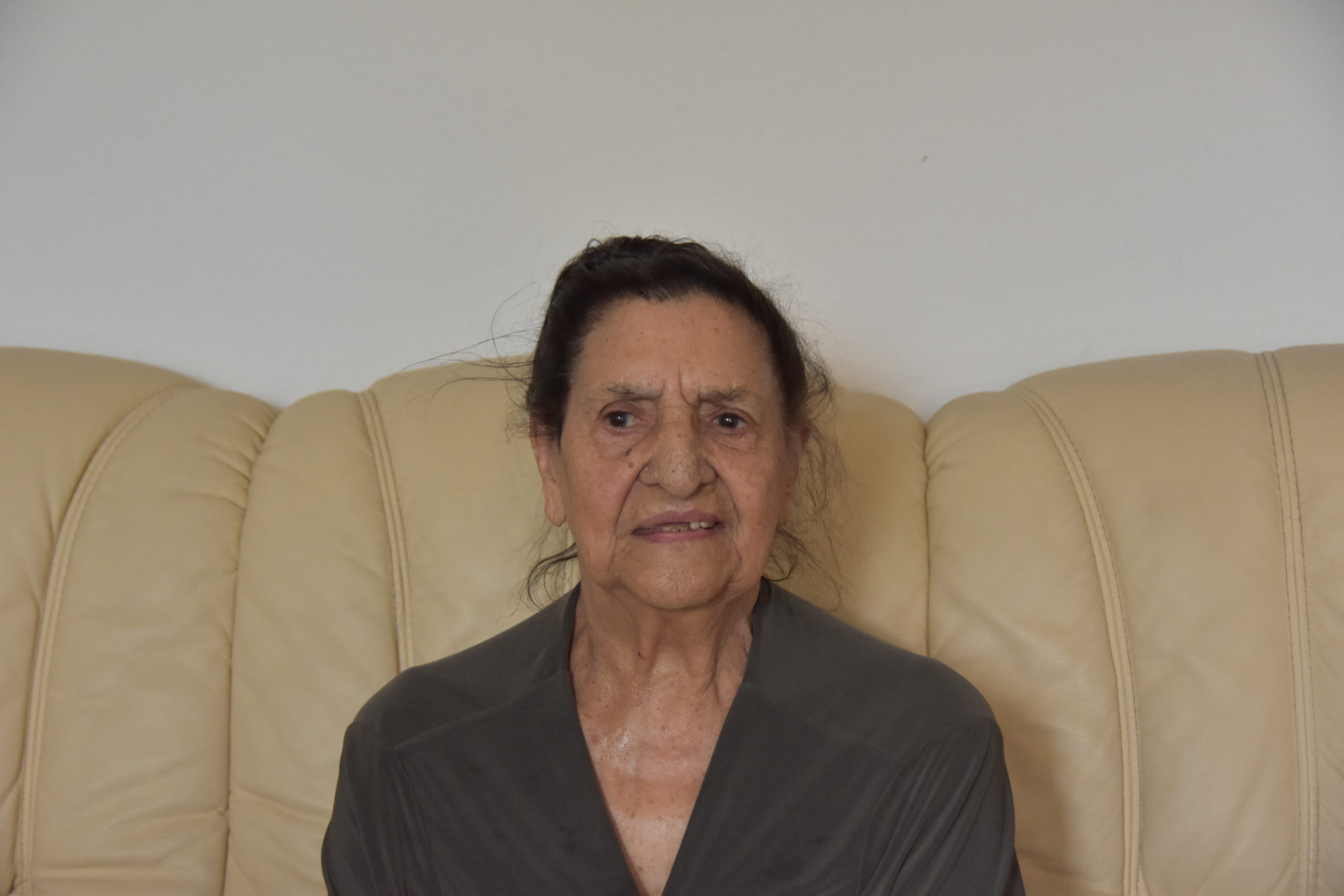
Philomena Franz
Holocaust Survivor

Angelina Kappler
German former Weinkönigin
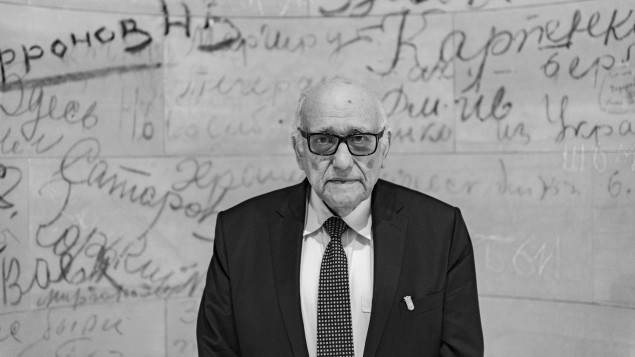
Marian Kalwary
Chairman of the Association of Jews,
Survivors and Victims of the Second World War
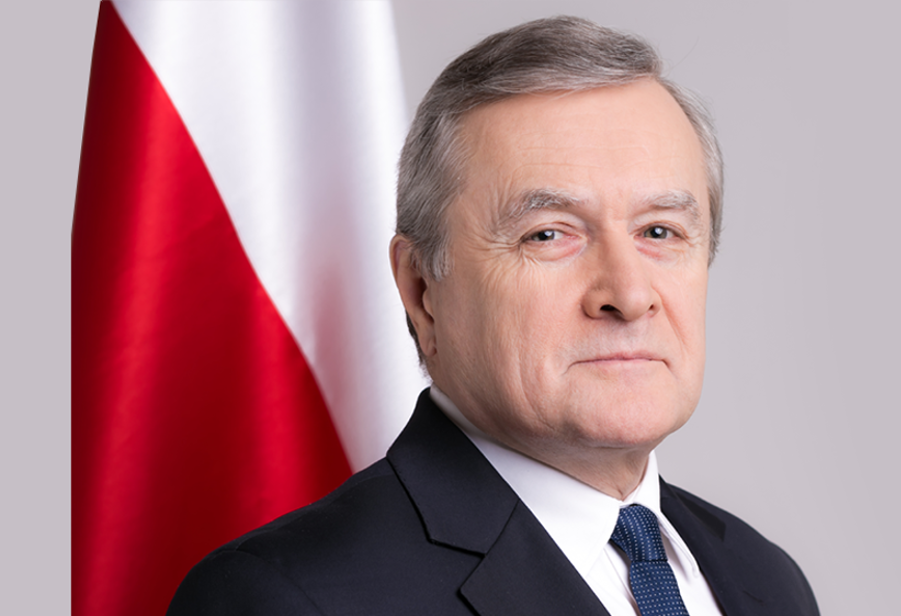
Piotr Gliński
First Deputy Prime Minister and the Minister of Culture and National Heritage of Poland
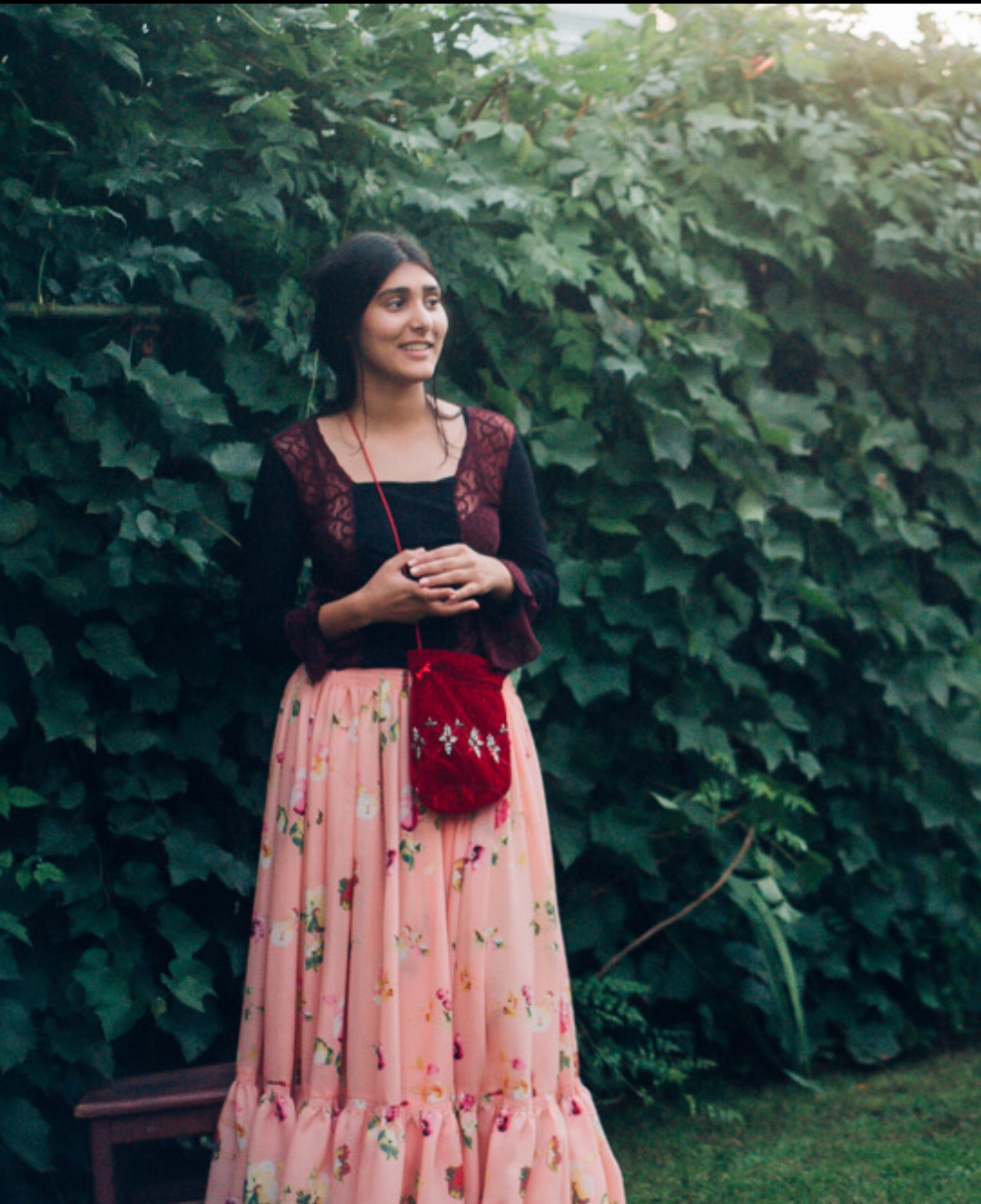
Izabela Tiberiade
Young Activist from Sweden

Ursula Krechel
Writer
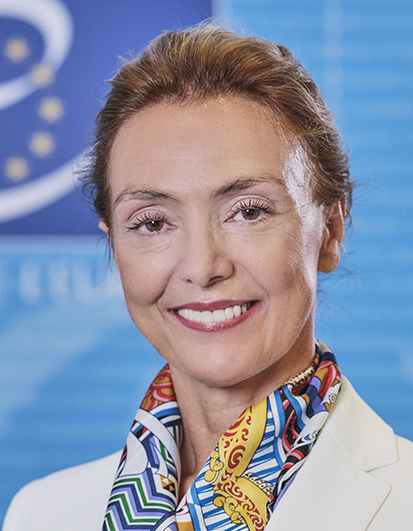
Marija Pejčinović Burić
Generàlo Sekretàra e Evropesqe Sombeśesqi
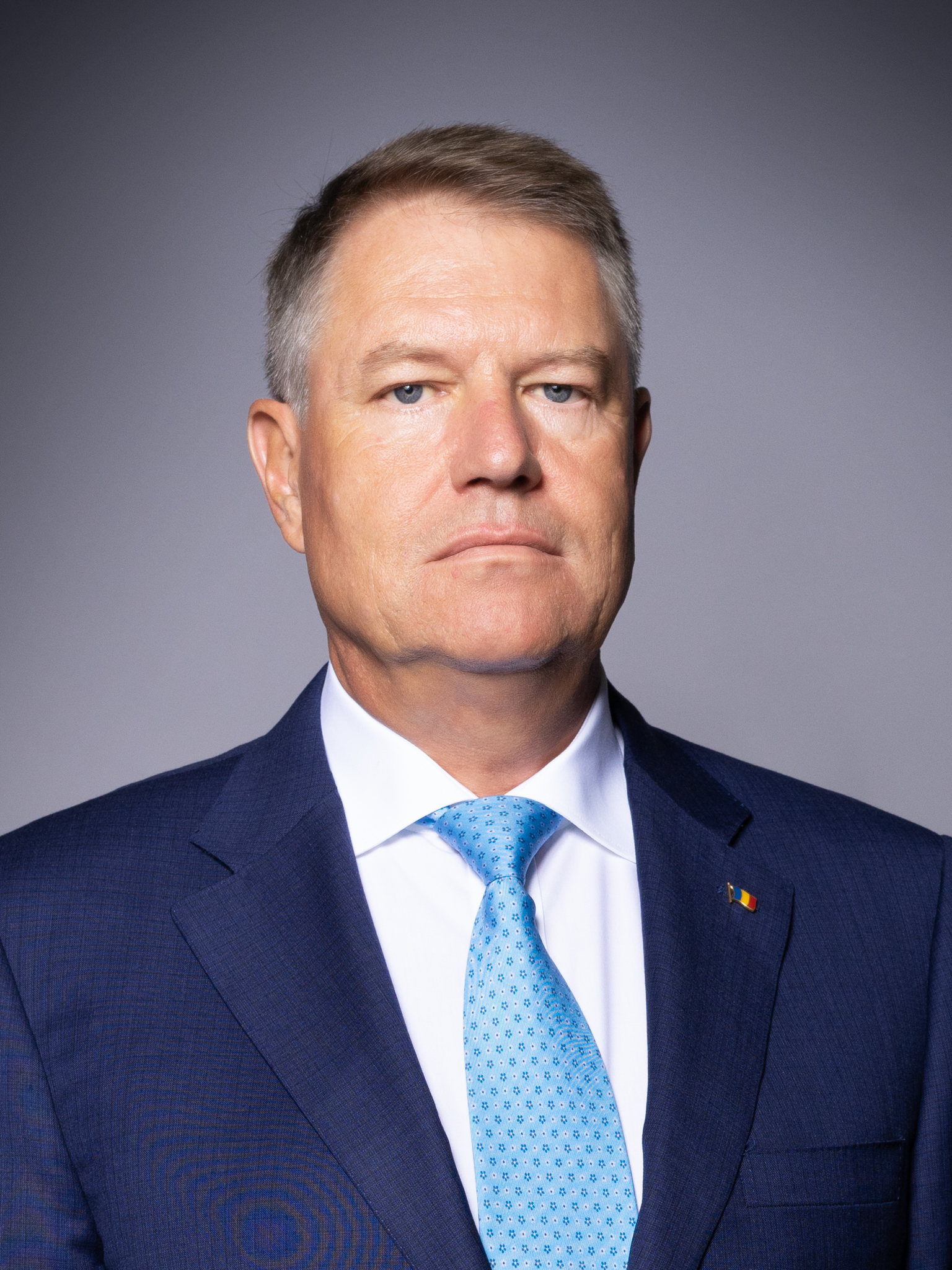
Klaus Iohannis
Prezidènti e Rumaniaqo










